Water hardness is an important factor that must be well managed in the aquarium for the well-being of the fish. An important set of questions often challenges fish enthusiasts, such as what is hard water and its hardness, what types of water hardness are there, and how does it affect the aquarium ecology?
Content Table
In this article, we will look at the soft, moderately hard, and hard water and look at its role in aquariums and give you an acceptable hardness level of some of the common aquarium fish. It is time to take a deeper look into how to develop a balanced aquatic environment with proper fish aquarium water!
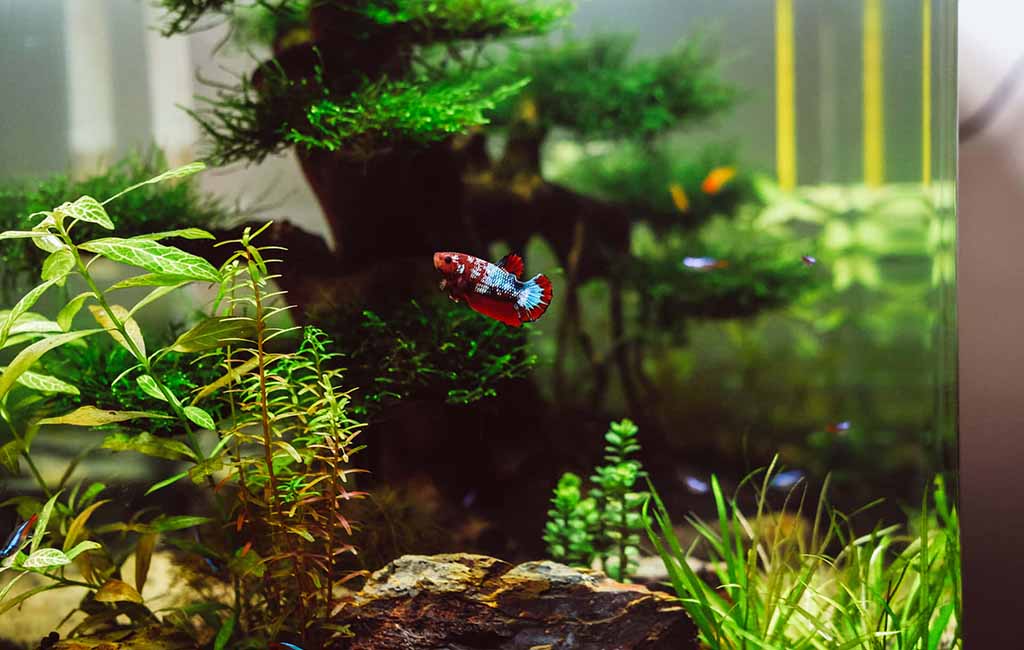
fish aquarium water
Types of Water Hardness
Water hardness can be defined as a measure of the ability of water to precipitate and form insoluble substances when mixed with soap or other detergent solutions. It is commonly categorized into two types:
- Temporary Hardness
Due to solvable bicarbonates of calcium, magnesium, and other similar alkalis. They also include the bicarbonates, which can be removed by boiling most of the water, as the heat causes the ionic compounds to precipitate the bicarb into insoluble carbonates.
- Permanent Hardness
Derived from the decomposition of sulfate or chloride salts of calcium and magnesium. It does not dissolve with heat and can only be altered with chemical remedies or water softeners.
Soft to Moderately Hard Water
Water hardness ranging from soft to moderately hard refers to having a general hardness (GH) of 0 to 12 degrees German hardness (dGH) or 0 to 200 ppm. As such, it has lower levels of calcium and magnesium, which makes it perfect for use in accommodating numerous freshwater fish.
- Soft Water in Aquariums
Soft water with a GH ranging from 0-4 dGH has comparatively little mineral content. This type of water is modeled after some of the world’s environments, such as that of the Amazon. Some of the fish that thrive well under these conditions include tetras, discus, and some types of catfish.
- Moderate Hard Water in Aquariums
Slightly hard water, with a GH ranging between 5-12 dGH is a good replacement for natural water as it supports livebearers, gouramis, and numerous community aquariums.
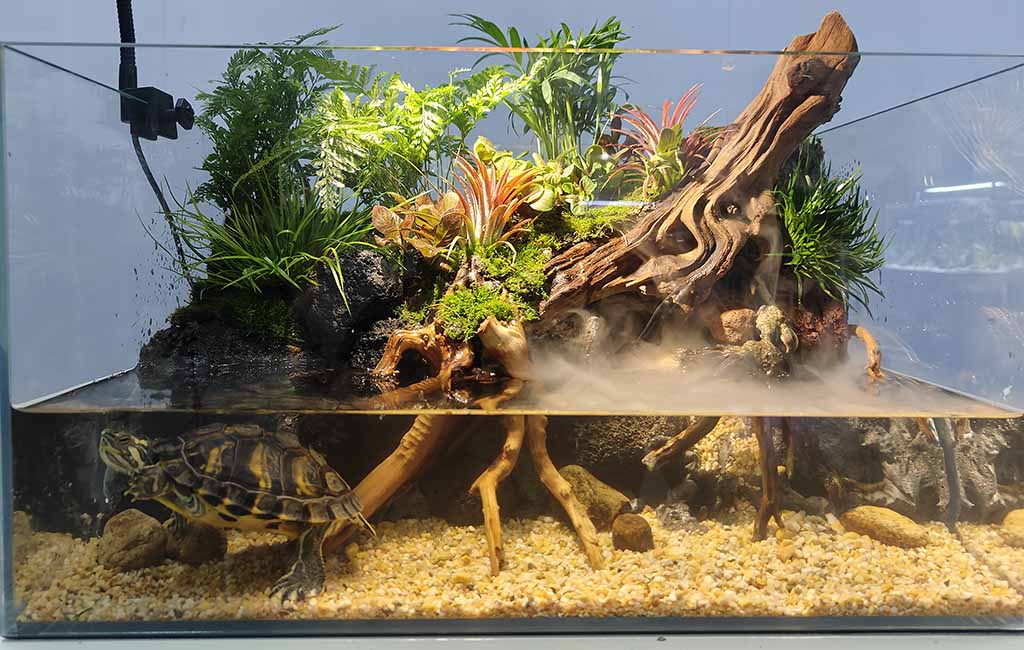
what is hard water
Effects on Aquarium Ecology and Inhabitants
Maintaining the correct water hardness ensures a balanced ecosystem for both fish and plants in aquariums.
- pH Stability: Soft water lacks buffering capacity, making pH levels more prone to fluctuations. This can stress sensitive fish. Moderately hard water offers better pH stability due to higher bicarbonate levels.
- Fish Health: Soft water species thrive with minimal mineral content, reducing stress and promoting natural behaviors. In moderately hard water, fish experience better osmoregulation and avoid mineral deficiencies.
- Plant Growth: Aquatic plants benefit from the minerals in moderately hard water, which supports healthy photosynthesis and nutrient uptake.
What Is Hard Water?
Hard water is water with a high mineral content, often above 12 dGH or 200 ppm. This type of water is common in regions with limestone geology, where calcium and magnesium levels are elevated.
High Water Hardness in Aquariums
In aquariums, hard water is suitable for species adapted to such conditions, such as African cichlids, mollies, and guppies. These fish thrive in water with high GH levels and benefit from the minerals for bone and scale development.
What High Water Hardness Means for Aquariums
Buffering Capacity:
- Hard water provides a strong buffering capacity, keeping pH levels stable over time.
Fish Adaptations:
- Species accustomed to hard water have evolved to utilize the high mineral content for physiological functions.
Challenges:
- Hard water can lead to excessive mineral deposits on aquarium surfaces and equipment.
- Certain soft-water species may struggle to adapt, leading to stress and health issues.
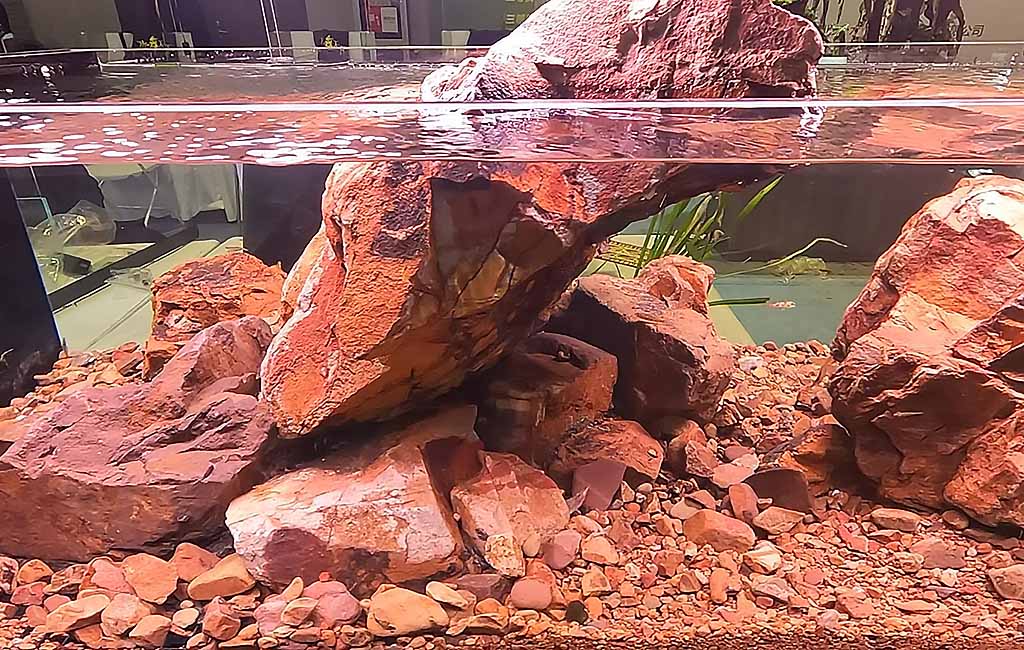
hardness of water
The Acceptable Hardness of Water for Pet Fish
The acceptable water hardness for pet fish depends on the species. Matching the GH levels of your aquarium to the natural habitat of your fish is crucial for their health and well-being.
Guidelines for Common Tank Fish
- Soft Water Species
| Tetras: 2-8 dGH | Discus: 1-4 dGH | Apisto grammas: 2-6 dGH |
- Moderately Hard Water Species
| Angelfish: 4-12 dGH | Gouramis: 4-10 dGH | Livebearers (e.g., platies, swordtails): 8-15 dGH |
- Hard Water Species
| African Cichlids: 10-20 dGH | Mollies: 12-25 dGH | Guppies: 10-20 dGH |
Adapting Water Hardness for Your Tank
- Increasing Hardness: The aragonite substrate or several types of mineral additions including crushed coral can be added. These impart minerals into the water slowly and increase the general hardness (GH) which is suitable for hard water
- Decreasing Hardness: You can also use RO water, peat moss, or driftwood to remove minerals from the water. Besides reducing hardness, it also promotes the enhancement of the natural beauty in the aquarium, which will give a realistic look to an area that has soft water.
Water Hardness of Aquarium Fish Checklist
Below is a table summarizing the preferred water hardness for popular aquarium fish:
| Fish | Water Hardness (dGH) | Notes |
| Betta | Soft to Hard (2-15) | Tolerates a wide range of water hardness, but soft to moderately hard water is generally preferred. |
| Guppy | Soft to Hard (4-18) | Can adapt to various water conditions, but prefer slightly harder water. |
| Neon Tetra | Soft to Very Hard (2-20) | Tolerate a wide range of water hardness, but prefer slightly soft to moderately hard water. |
| Mollies | Soft to Hard (8-20) | Prefer slightly hard to hard water. |
| Platys | Soft to Hard (5-15) | Tolerate a wide range of water hardness, but prefer slightly soft to moderately hard water. |
| Swordtails | Soft to Hard (8-20) | Prefer slightly hard to hard water. |
| Corydoras | Soft to Very Hard (5-20) | Tolerate a wide range of water hardness, but prefer slightly soft to hard water. |
| Rasbora | Soft to Hard (4-15) | Prefer slightly soft to moderately hard water. |
| Danio | Soft to Hard (4-18) | Can adapt to various water conditions, but prefer slightly hard water. |
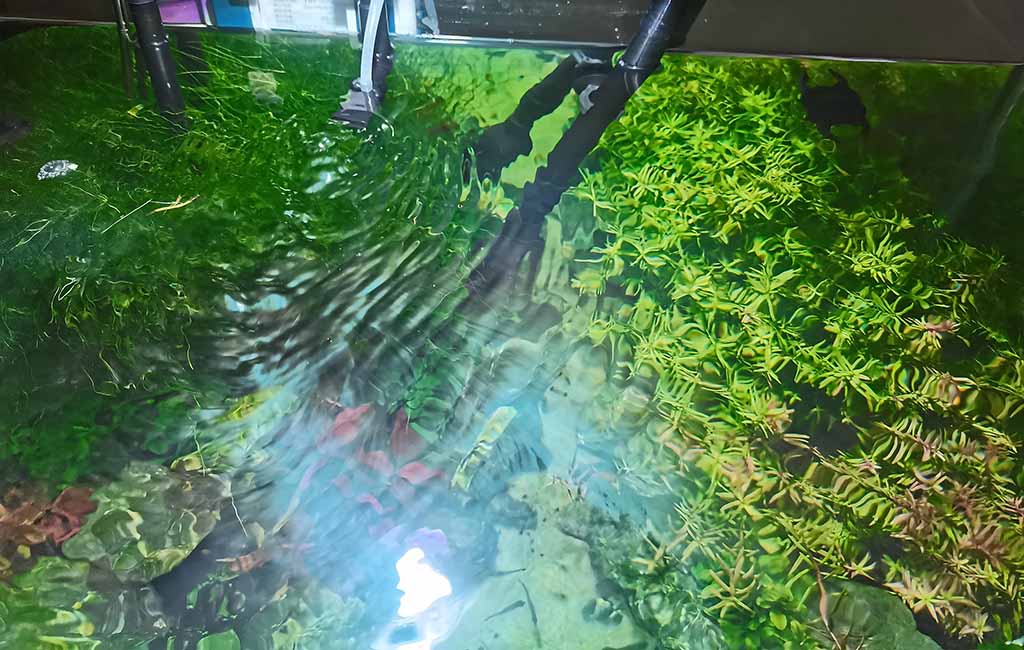
water hardness
Parting Thoughts
It is noteworthy to state that the degree of water hardness is one of the leading prerequisites that influence the aquarium environment significantly. Categorized information about water hardness and the requirements of the proper fish gives people an opportunity to imitate the conditions of the world where their pets originally have been.
Whether you’ve got soft water fishes such as tetras, or discus or hard water fishes such as mollies, and African cichlids, proper mineral levels will facilitate healthy fish, excellent colors, and brisk activities. Testing and monitoring the water hardness weekly or at least monthly will make your aquarium healthy for years.
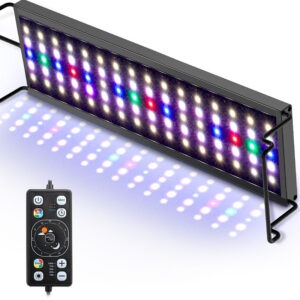
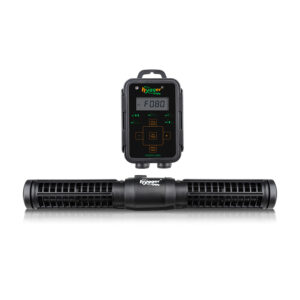
Leave a comment